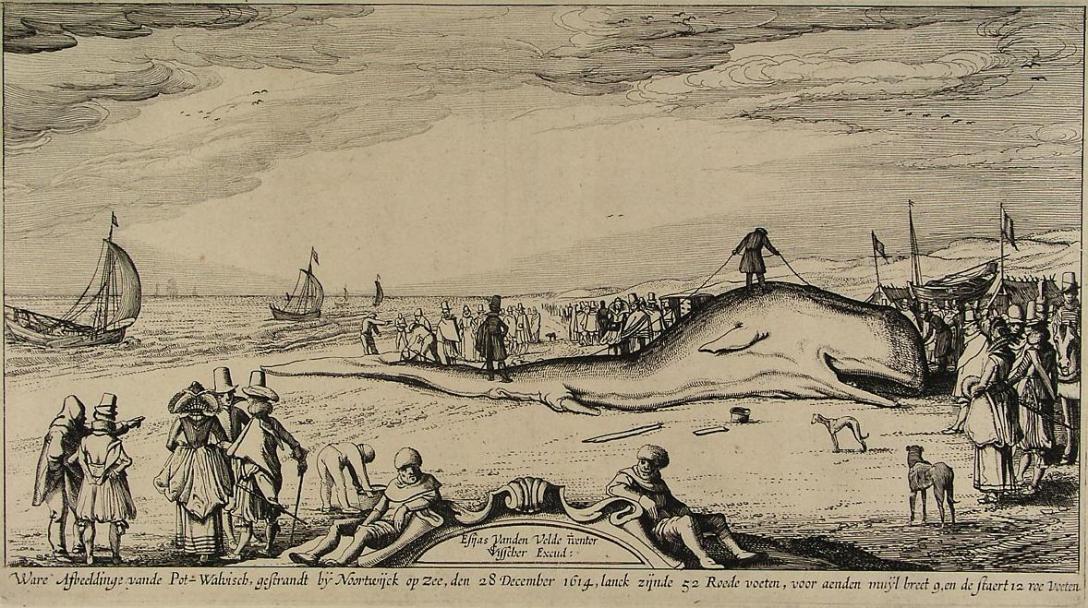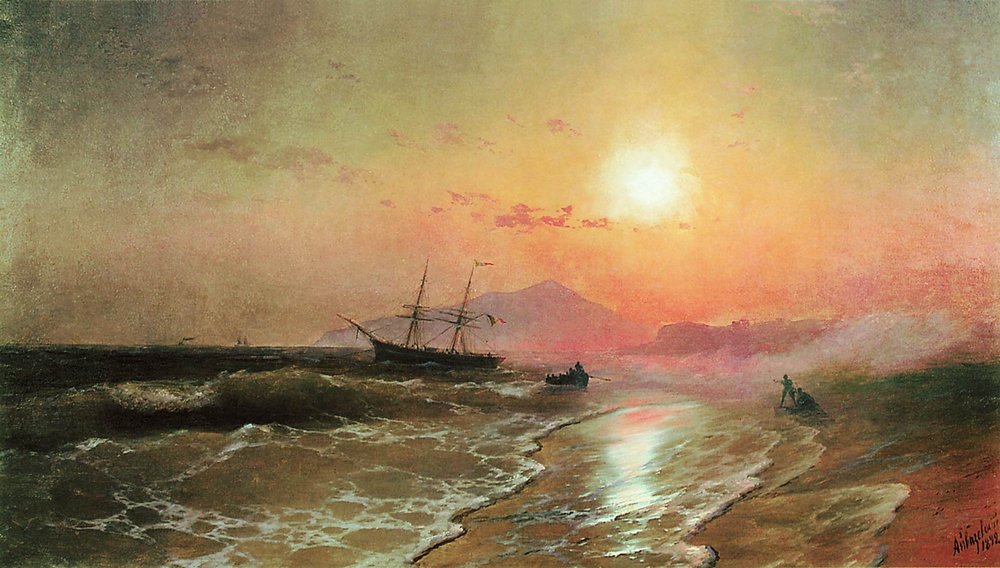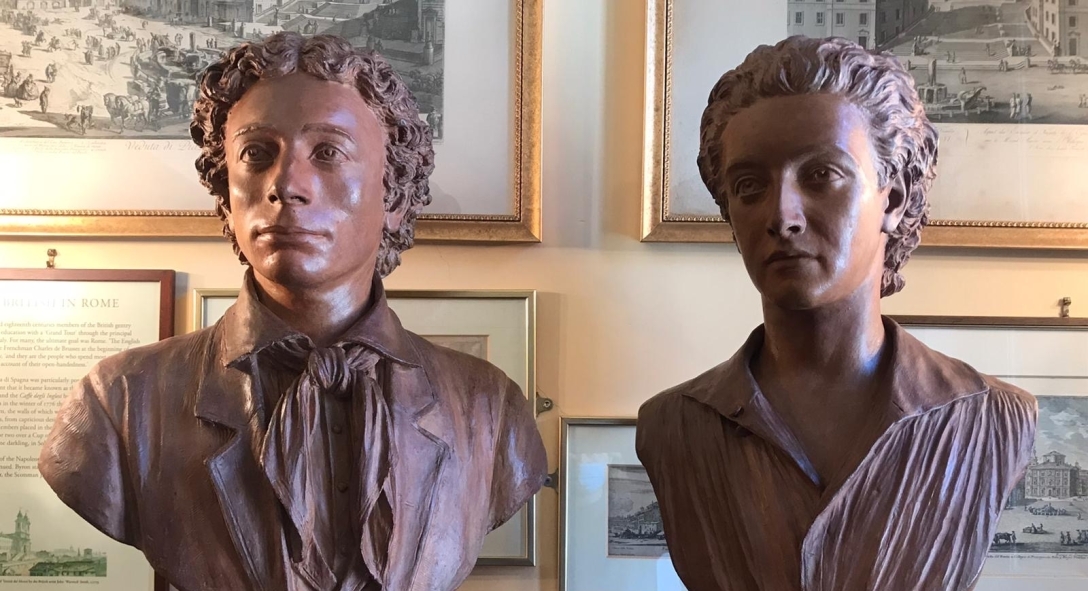In January 1839, Louis Daguerre publicly announced the invention of the Daguerreotype - one of the first working cameras - to the French Academy of Sciences. In June of the same year, Herman Melville sailed from New York to Liverpool as a green-hand onboard the merchant ship, the St. Lawrence. When Melville [...]
Living through literature: the value of Romances
Over lockdown last year I read Umberto Eco's second novel, Foucault's Pendulum, which sees three sceptics stumble their way into the heart of a centuries old conspiracy theory associated with the esotericism of the Jewish Kabbalah and the Knights Templar. The whole premise of the story ties into Eco's interest [...]
Extraordinary People and Civil Disobedience: Fyodor Dostoyevsky
In my previous blogpost, discussing Thoreau's notion of Civil Disobedience, I argued that crime is often warranted when movements for change identify injustices in the existing order of society. Thoreau was speaking about slavery; last week I focused on Rosa Parks and the toppling of a statue of Edward Colston [...]





